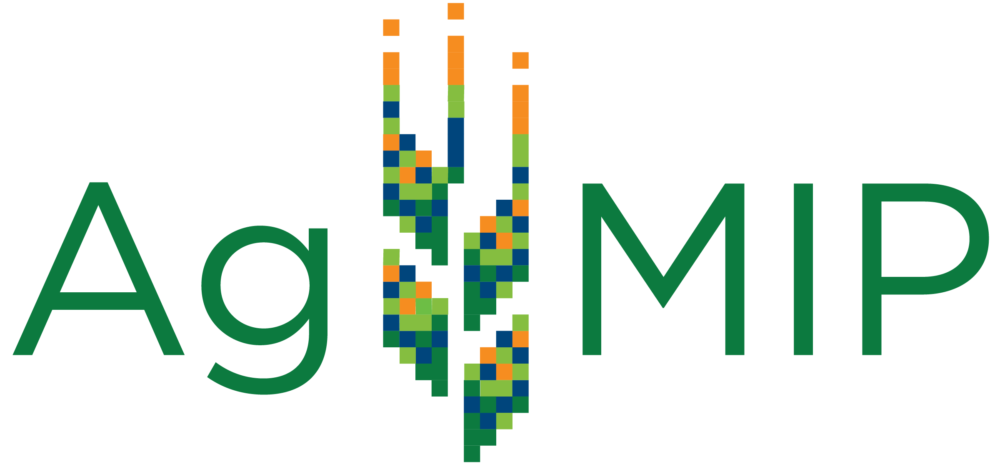Steering Council
Visionary leaders who provide grounding knowledge of cutting-edge research, development, partnerships, private-sector engagement, and funding priorities of AgMIP.
Co-chairs 2026-2028
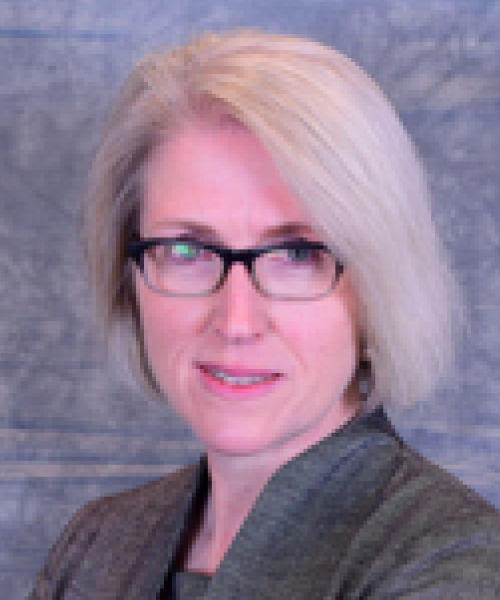
Morven A. McLean
Morven A. McLean is Executive Director of Networks & Innovation and Professor of Practice at Washington University in St. Louis. She was the former Director, Global Strategy, Regulatory and Public Affairs at Bill & Melinda Gates Agricultural Innovations (Gates Ag One), a nonprofit dedicated to ensuring high-quality, cutting-edge crop innovations are available and accessible to those that need them most. Morven is an agricultural scientist with 20+ years of experience developing and implementing applied agricultural research and capacity building programs that address scientific, regulatory and trade issues related to agricultural innovation and food security. She has worked internationally with governments, non-governmental organizations, and the public and private sectors on issues of policy and regulation pertaining to agricultural, forest and aquatic biotechnology. Morven has served as a technical expert on biotechnology risk assessment, regulation and policy for many organizations, including the Food and Agriculture Organization, the World Bank, the United States Agency for International Development and the United Nations Environmental Program, as well as many national governments in Sub-Saharan Africa, South Asia and South America. In addition to serving on AgMIP’s Steering Council, Morven is a member of the Governing Council for the International Centre for Insect Physiology and Ecology (icipe) and is Chair of the Board of Trustees for the National Fund for the U.S. Botanic Garden.
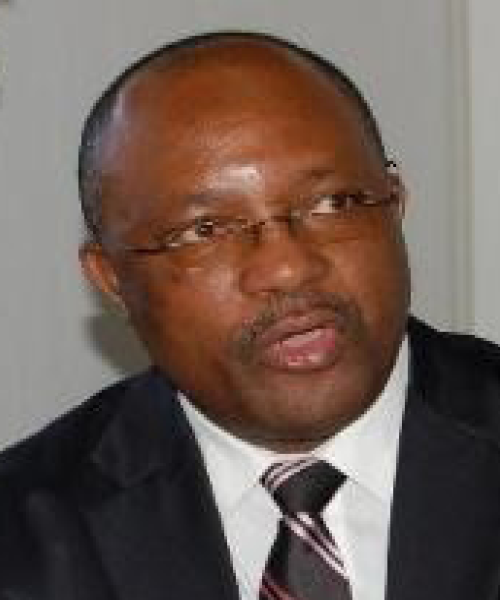
Martin Bwalya
Martin Bwalya is Senior Food Systems Regional Consultant (Africa) for the UN Food Systems Coordination Hub at the Food and Agriculture Organization. He was the former Head, Programme Development and Strategic Planning at the NEPAD Planning and Coordinating Agency (NEPAD Agency) – African Union’s Implementing Agency. He is a Machinery Design and Management Engineer by training. Has worked many years in machinery design, specialising in research-and-development of farm reduced tillage equipment within the context of conservation agriculture.Has since 2000, worked in several international organisations in the field of development, in general, and agriculture, food and nutrition security, in particular. Joined NEPAD Agency in 2008 as lead specialist on land and water and farm machinery, moving on to Head the Comprehensive Africa Agriculture Development Programme (CAADP): Africa’s continental framework for agricultural transformation (2009-2014); with a focus on strategic leadership and coordination of continental, regional and national expert support on formulation, implementation and evaluation of national and regional agricultural development plans-policiesHas extensive experience in research, foresight analytical work and African development issues including connecting across various national and regional needs and interests in multi-disciplinary and multi-sectorial systems.
Members 2026-2028
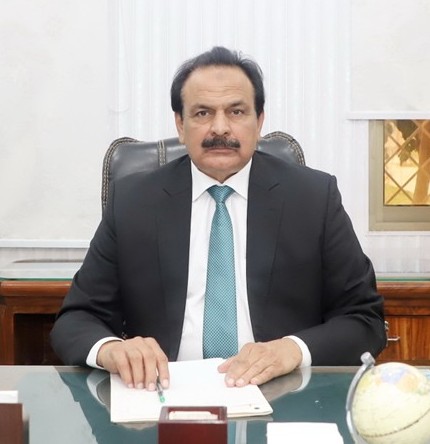
Ashfaq Ahmad Chattha
Ashfaq Ahmad Chattha is currently serving as the Vice Chancellor of Ghazi University, Dera Ghazi Khan, Punjab, Pakistan, and additionally as Vice Chancellor of Mir Chakar Khan Rind University of Technology, Dera Ghazi Khan, Punjab, Pakistan. He is contributing as a Lead Author for the IPCC AR7 Agriculture Sector, advancing climate-resilient agricultural development. He has previously worked and served in key international and national leadership roles, demonstrating strong expertise in climate-smart agriculture, institutional development, and policy engagement. His past positions include Agriculture Sector Risk Assessment Specialist for the Climate Adaptation and Resilience (CARE) for South Asia Project at the Asian Disaster Preparedness Center (ADPC), Bangkok, Thailand, and Senior Advisor to the Modernization of Hydro-met and Climate Services in Pakistan (MHSP) Project both funded by the World Bank. He served as Tenured Professor of Agronomy, Director External Linkages, Focal Person of the Center for Advanced Studies in Agriculture and Food Security (CAS-AFS) funded by USAID, and Dean of the Confucius Institute at the University of Agriculture Faisalabad (UAF). His contributions continue to strengthen agricultural innovation and climate resilience in Pakistan.
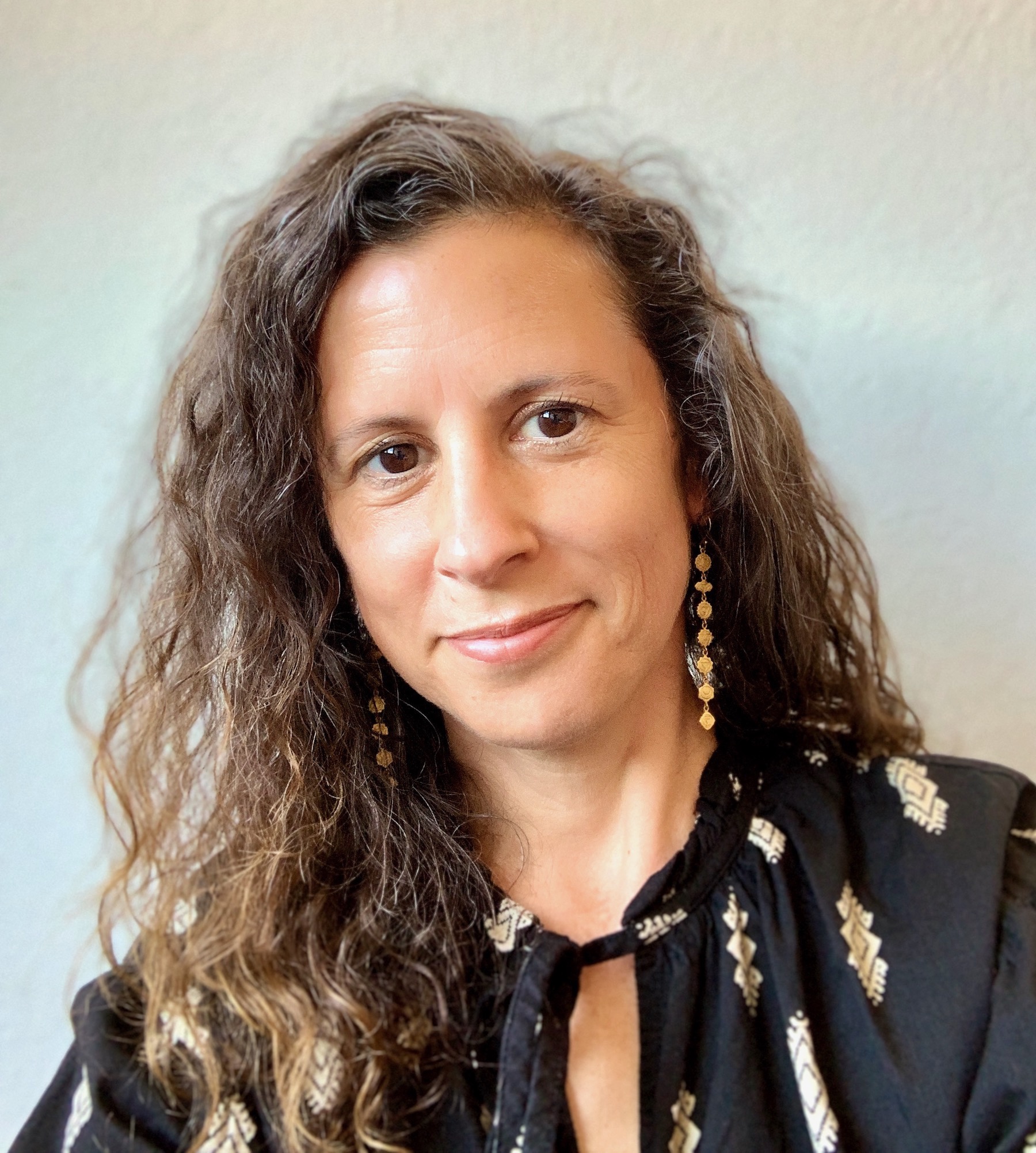
Jessica Fanzo
Jessica Fanzo is the James Anderson Chair of Food and Climate Policy at the Johns Hopkins School of Advanced International Studies in Bologna, Italy. Before coming to SAIS Bologna in 2026, Professor Fanzo was a Professor of Climate and Food and the Director of the Food for Humanity Initiative at Columbia University’s Climate School. Prior to that, she served as the Bloomberg Distinguished Professor of Global Food Policy and Ethics at Johns Hopkins University. She has also held positions at the Food and Agriculture Organization of the United Nations (UN), the UN World Food Programme, Bioversity International, the Earth Institute, the Millennium Development Goal Centre at the World Agroforestry Center in Kenya, and the Doris Duke Charitable Foundation. She has participated in various collective endeavors, including the Food Systems Economic Commission, the Global Panel of Agriculture and Food Systems for Nutrition Foresight 2.0 report, the Lancet Commission on Anaemia, and the EAT-Lancet Commissions 1 and 2. She was also the Co-Chair of the Global Nutrition Report and Team Leader for the UN High-Level Panel of Experts on Food Systems and Nutrition.
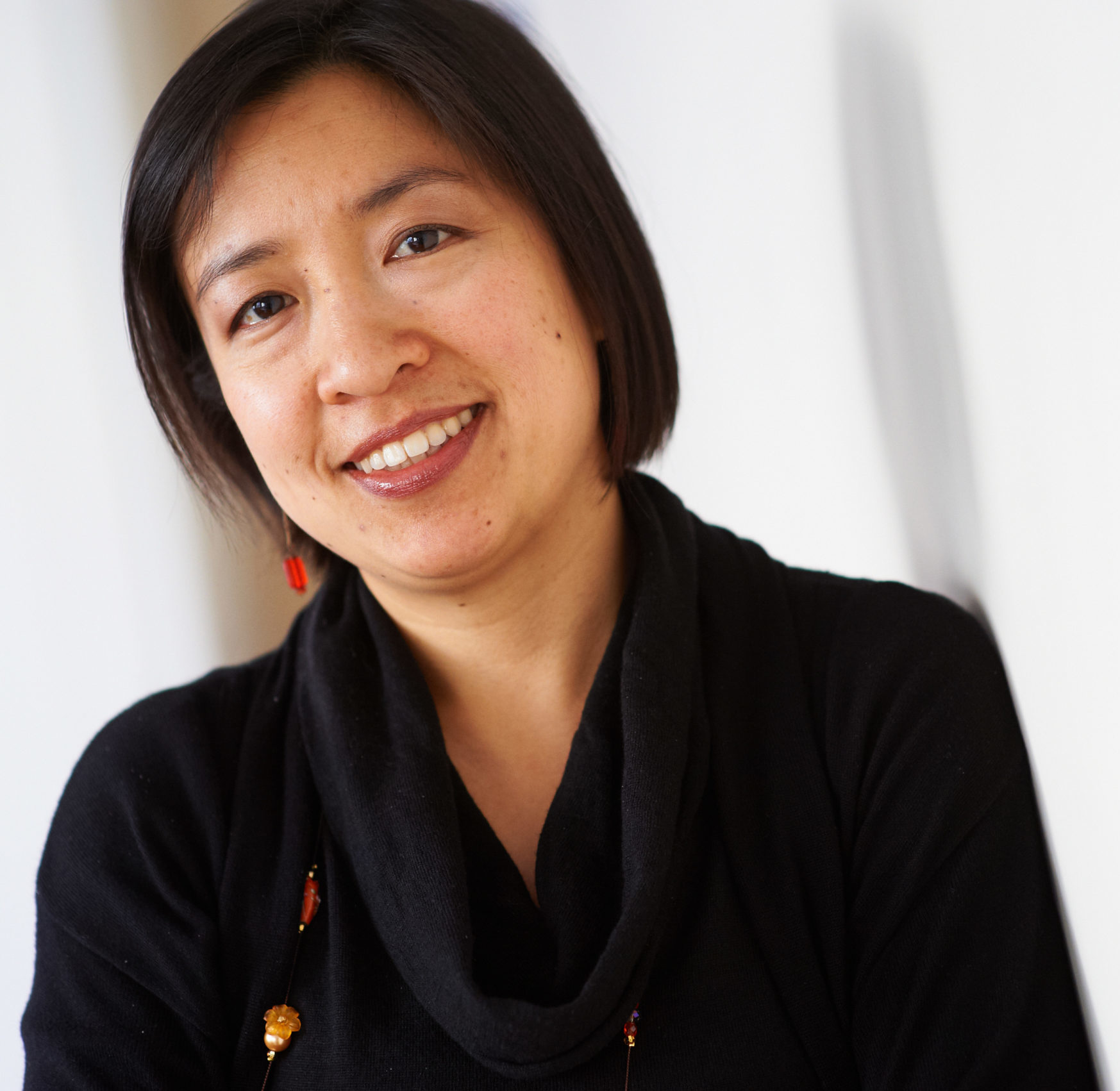
Patty Fong
Patty Fong is Principal at EcoIntegrity and Program Director for Climate and Health at Global Alliance for the Future of Food, an alliance of philanthropic foundations working together and with others to transform food systems globally. Her work currently focuses on advocating for an integrated policy approach to food, climate and health. She was formerly founding COO and Program Director for Energy Efficiency and Buildings for more than a decade at the European Climate Foundation, a major philanthropic initiative established by several global foundations in 2008, with a focus on European leadership on climate and energy. Early on in her career, Patty helped launch and manage the Energy Foundation’s China Sustainable Energy Program, the first major philanthropic initiative on climate and energy in China. Patty has Bachelors degrees with highest honors in Economics and Environmental Studies from the University of California at Santa Cruz, and a Masters in Public Affairs from Princeton University.

Katja Frieler
Katja Frieler is Head of the Research Department 3 “Transformation Pathways” of the Potsdam Institute for Climate Impact Research (PIK) with a research focus on “Pathway-specific climate risks”. She leads the Inter-Sectoral Impact Model Intercomparison Project (ISIMIP). Katja Frieler is lead author for Chapter 16 on “Key Risks Across Sectors and Regions” of the 6th IPCC Assessment Report of Working Group 2. She works on the quantification of the observed impacts of climate change on natural and human systems (impact attribution) with a specific interest in the impacts of extreme weather events. She holds a Diploma in Mathematics and did her PhD on stratospheric ozone loss at the University of Potsdam and the Alfred Wegener Institute for polar and marine research (AWI). Since 2024 she is Professor for “impacts of climate change” at the University of Potsdam (Institute for Environmental Science and Geography).
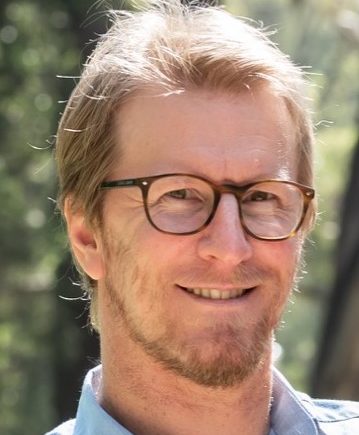
Hayden Montgomery
Hayden Montgomery is Programme Director for Agriculture at the Global Methane Hub. Hayden served as the Special Representative of the Global Research Alliance on Agricultural Greenhouse Gases from 2016 until 2022, representing its 66 member countries in all international forums and facilitating mitigation research between its members and partner organizations. From 2013 to 2016 he was New Zealand’s Ambassador to Argentina, Paraguay and Uruguay. Prior to these appointments Hayden gained considerable experience within the United Nations climate change process, representing New Zealand in agriculture, land use and forestry negotiations between 2006 and 2012. During this time (2010-2012) he was also based in the New Zealand Embassy in Paris where he represented New Zealand in other relevant processes and organizations including the OECD, UNEP and FAO, and spear-headed New Zealand’s international research cooperation on agricultural greenhouse gases. In addition to his international experience Hayden was involved in the development of New Zealand’s domestic agricultural climate change policy. Hayden is based in Montevideo, Uruguay.
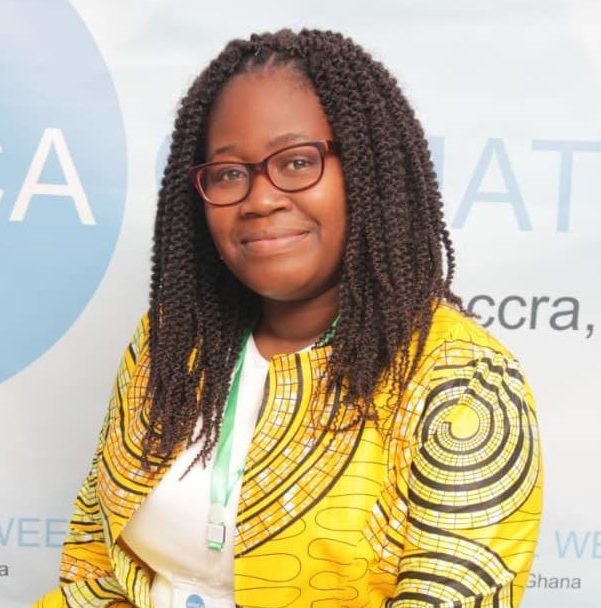
Sithembile Mwamakamba
Sithembile Mwamakamba currently serves as the Director of Policy Research and Analysis at the Food, Agriculture and Natural Resources Policy Analysis Network (FANRPAN). With a strong focus on transforming food systems, promoting nutrition, fostering resilience, addressing climate change adaptation and mitigation, and advancing sustainable development, Sithembile’s expertise has been instrumental in shaping policies and practices in these critical areas. She spearheads projects that enhance the connection between research, policy, and practice, ultimately driving increased investment and policy support for developing resilient food systems across Africa. She has a wealth of experience in policy advocacy and stakeholder engagement at the international and regional levels. Her vast knowledge encompasses a wide range of sustainable development issues, positioning her as a thought leader in the field. Notably, she serves as a valued member of the Agricultural Model Intercomparison and Improvement Project (AgMIP) Steering Council, the Farming First Steering Committee, and the Global Food and Environment Institute (GFEI) Advisory Board. Additionally, she holds the esteemed position of Co-chair of the Southern African Development Community (SADC) Thematic Group on Climate Change and Disaster Risk Reduction.
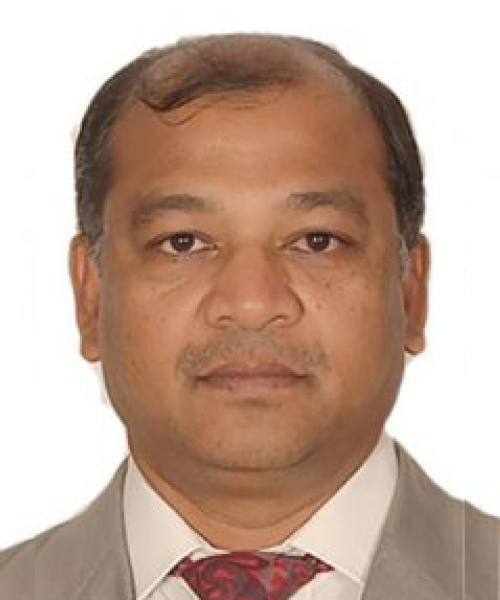
Soora Naresh Kumar
Soora Naresh Kumar is Professor at the Centre for Environment Science and Climate Resilient Agriculture, ICAR-Indian Agricultural Research Institute, New Delhi, India. He is leading the InfoCrop modelling group and is involved in AgMIP since its inception in 2011 as a member of AgMIP-wheat, rice, maize and potato pilot groups. He has developed models for perennials (coconut, grape) and annual crops (green gram and others). Research interests include assessment of impacts, adaptation gains and vulnerability of major crops to climate change in India and implementation of climate change adaptation in farmers’ fields. He is the Government of India as well as IPCC Expert Reviewer for IPCC reports. Currently leading the National Facility for Capacity Building on Simulation Modelling in Agriculture. He is also leading the modelling teams in National Innovations in Climate Resilient Agriculture (NICRA) project and in Ministry of Environment Forests and Climate Change, Govt of India project.

Manuel Otero
Manuel Otero has served as Director General of the Inter-American Institute for Cooperation on Agriculture (IICA) since January 2018. He holds a Master of Science degree in Agricultural Development from the Wye College of the University of London, a Master’s degree in Animal Production from the Tropical Agricultural Research and Higher Education Center (CATIE) in Costa Rica, and graduated as a veterinarian from the Faculty of Veterinary Sciences at the University of Buenos Aires (UBA) in Argentina. He was reelected as Director General of IICA in 2021. During his term in office, he spearheaded an innovative partnership policy to expand the impact of IICA’s work in terms of driving agricultural development, enhancing digitalization in rural areas, and increasing producers’ access to knowledge, innovation and technology. He also provided strong policy support for the collective action of countries in the Americas to further progress with respect to food security and rural well-being.
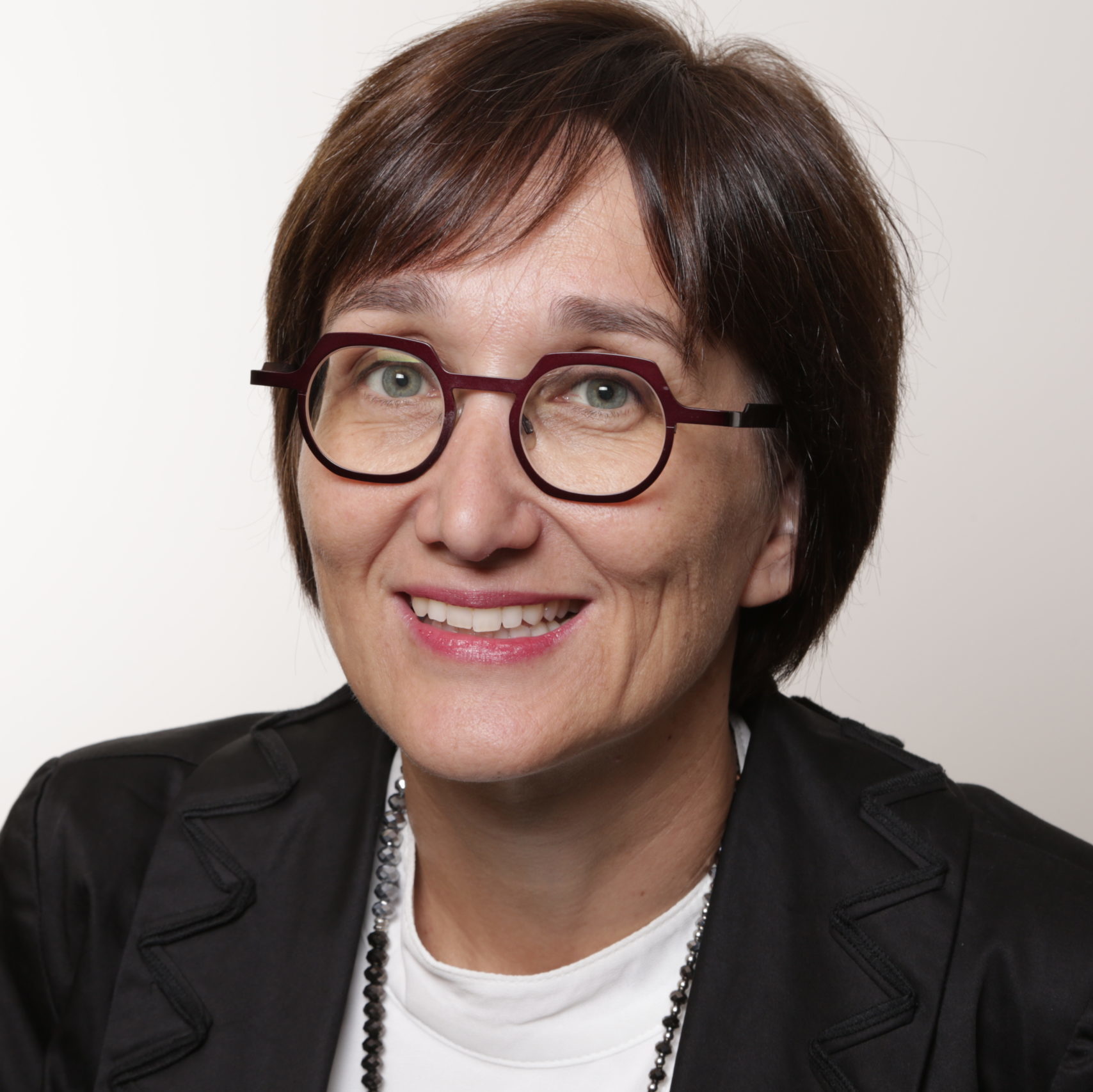
Claudia Ringler
Claudia Ringler is a Senior Research Fellow at the International Food Policy Research Institute (IFPRI). A thought leader on water for food, she currently co-leads the CGIAR NEXUS Gains Initiative that aims to jointly improve water, energy and food security as well as environmental sustainability. She has more than 200 publications in the areas of global water and food security, irrigation, gender-water and gender-climate change linkages, on the synergies of climate change adaptation and mitigation and on the role of energy in transforming agricultural systems. In 2021, she was awarded honorary life memberships by both the International Water Resources Association and the International Association of Agricultural Economics for her lifelong contributions to the fields of water resources and agricultural economics, respectively. Dr. Ringler has a PhD in agricultural economics from University of Bonn and an MA in International Development Economics from Yale University.
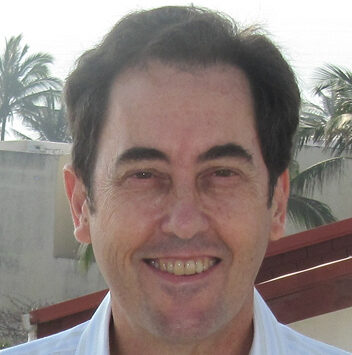
Peter Thorburn
Peter Thorburn an agricultural scientist with strong multidisciplinary interests in the dynamics of soil-plant interactions and a strong commitment to enhancing the sustainability of agricultural systems. With a background in soil science and plant physiology, his work focuses on developing and applying simulation models to understand soil and plant interactions in agricultural production systems, aiming to determine management systems that can reduce detrimental environmental impacts while, still continuing to produce significant economic and social outcomes in current and future climates. His research has won international awards and has had substantial policy impact. Dr Thorburn is a Senior Principal Research Scientist within CSIRO’s Agriculture and Food Business Unit. He is the CSIRO representative on the APSIM Imitative, the joint venture that owns the APSIM farming systems model.
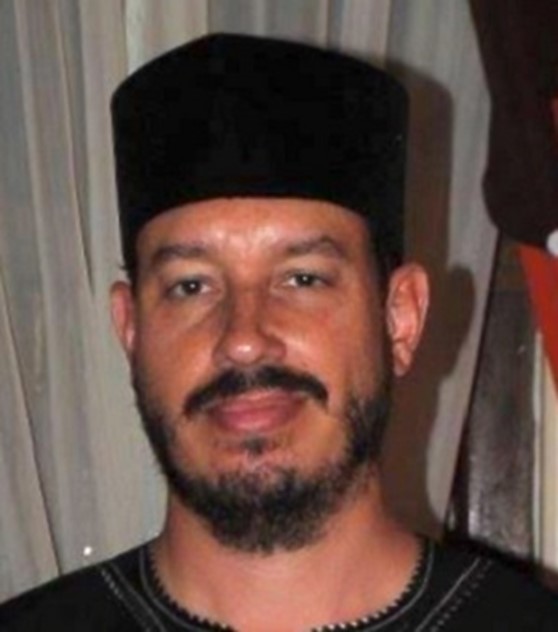
Sibiry Traore
Sibiry Traore is a systems scientist specialized in agricultural risk control and value chain orchestration. He is, by training, a physical geographer and a remote sensing expert. With Manobi Africa, he developed agCelerant and the concept of phygital agriculture, which captures the emergent opportunity for robust, physically based, digitally driven solutions to secure the sustainability, transparency, and honorable sourcing of tomorrow’s food systems. Sibiry designed and co-led several innovative projects such as SERVIR West Africa, HEURISTICS, NADiRA and STARS, raising R&D grants from USAID, DARPA, ESA, the European Commission, the World Bank, IsDB, BMGF and others. Sibiry published over 50 peer-reviewed papers and developed novel partnerships involving the CGIAR, national agricultural research systems (NARS), NGOs, the private sector and academia. More recently, he developed a vibrant partnership with AIMS-NEI, creating internship and employment opportunities for AI/ML graduates in the agriculture and space sectors. Seconded to the private sector as in-business researcher, Sibiry leads the Digital Agriculture Cluster at ICRISAT.
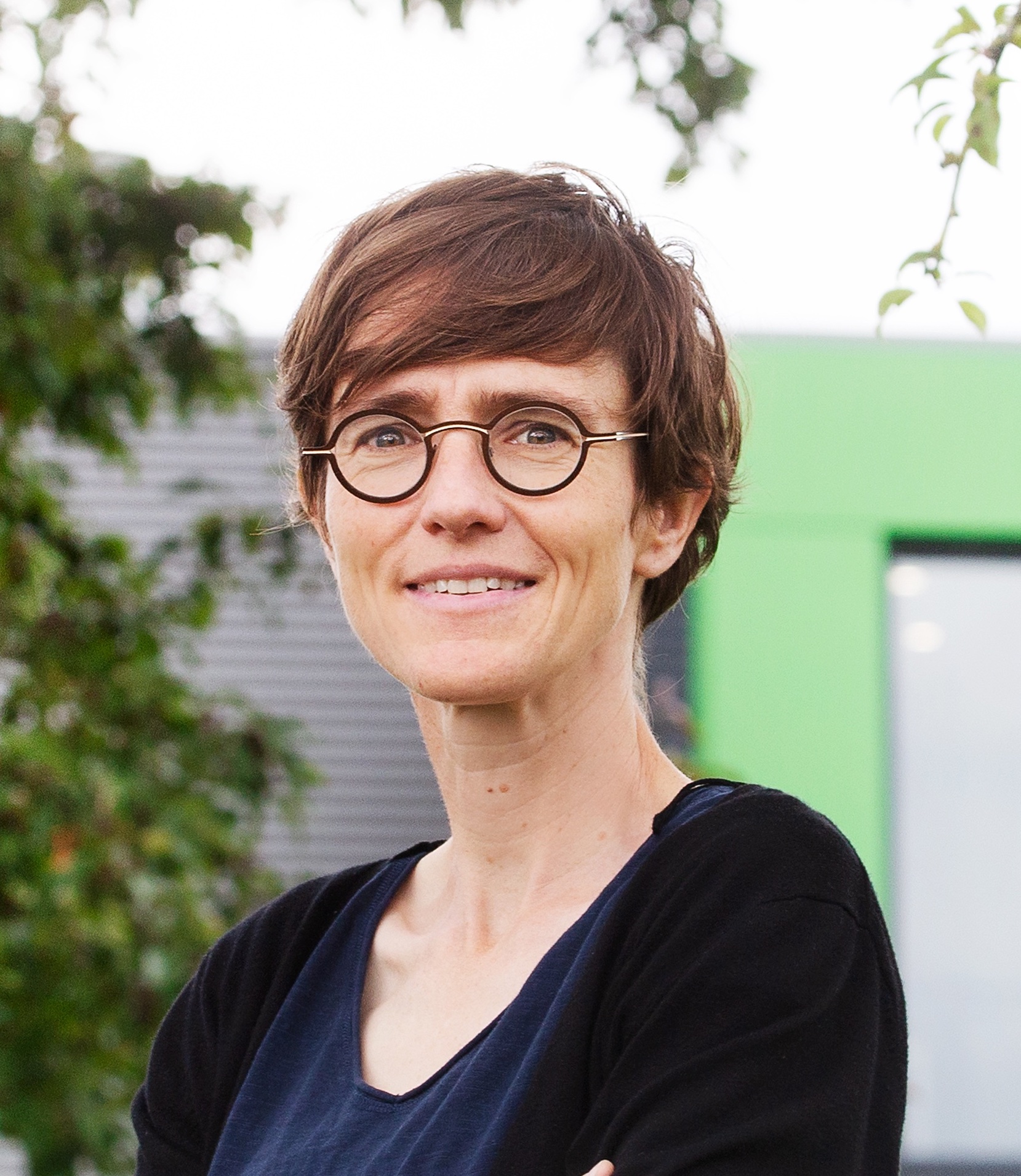
Katrien Descheemaeker
Katrien Descheemaeker is Professor and Chair of the Plant Production Systems group at Wageningen University in The Netherlands. She holds a PhD in Bioscience Engineering from KULeuven (Belgium). Katrien’s research and teaching focus on farming systems analysis, soil-plant-animal interactions and resource use efficiency, with a special interest in the functioning and dynamics of mixed crop-livestock systems. With a focus on the sustainable development and resilience of smallholder farming systems in sub-Saharan Africa, Katrien has lead and worked in various international research projects. Combining on-farm experiments with agricultural simulation models in participatory settings with farmers, her work aims to co-design tailored agricultural technologies and practices to improve farm productivity, food security, resilience to shocks, and natural resource integrity. Katrien has been involved with AgMIP since 2013 supporting the Regional Integrated Assessment projects with expertise on crop-livestock modelling.
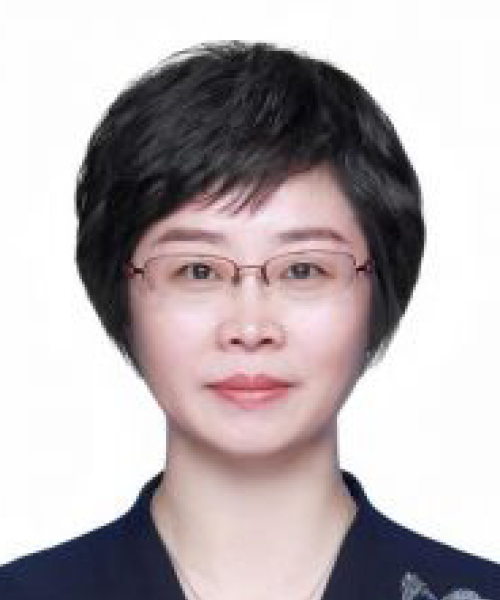
Yan Zhu
Yan Zhu received her PhD degree from the Nanjing Agricultural University, China in 2003, now she is the Dean of College of Agriculture and the Director of National Engineering and Technology Center for Information Agriculture at Nanjing Agricultural University. Her research works are mainly focused on information agriculture, specifically on crop modelling, crop monitoring, and evaluation of climate change impact. Over 120 papers in journals indexed by the Web of Science had been published, 30 National Invention Patents had been issued, and supervised over 40 graduate students and 2 postdoctoral scholars in the past 15 years. Due to her outstanding achievements, she has awarded 4 National Second-Class Progress Awards for Science & Technology of China, and been elected to the “The National Science Fund for Distinguished Young Scholars, China” and “14th Young Women Scientist Award of China” in 2017, “Leading Young Talents of China, Ministry of Science and Technology of China” in 2013, and “12th Young Scientist Award of China” in 2011.

Monika Zurek
Monika Zurek is a titular associate professor and Lead of the Food System Transformation Group at the Environmental Change Institute at the University of Oxford, UK. For more than 25 years she has worked on food systems change, environment and development interactions, currently focusing on system thinking and foresight tools, in research (CIMMYT, University of Oxford), international organisations (FAO), consulting (Climate Focus BV) and the philanthropic sector (Gates Foundation). She was also a lead author for various environmental assessments such as the Intergovernmental Panel on Climate Change (IPCC, AR4) and the Millennium Ecosystem Assessment. Monika holds degrees from the University of Hohenheim (MSc equivalent/Diploma in agricultural biology) and Justus-Liebig-University Giessen, Germany (PhD in agricultural economics).
Ex-Officio Members 2026-2028
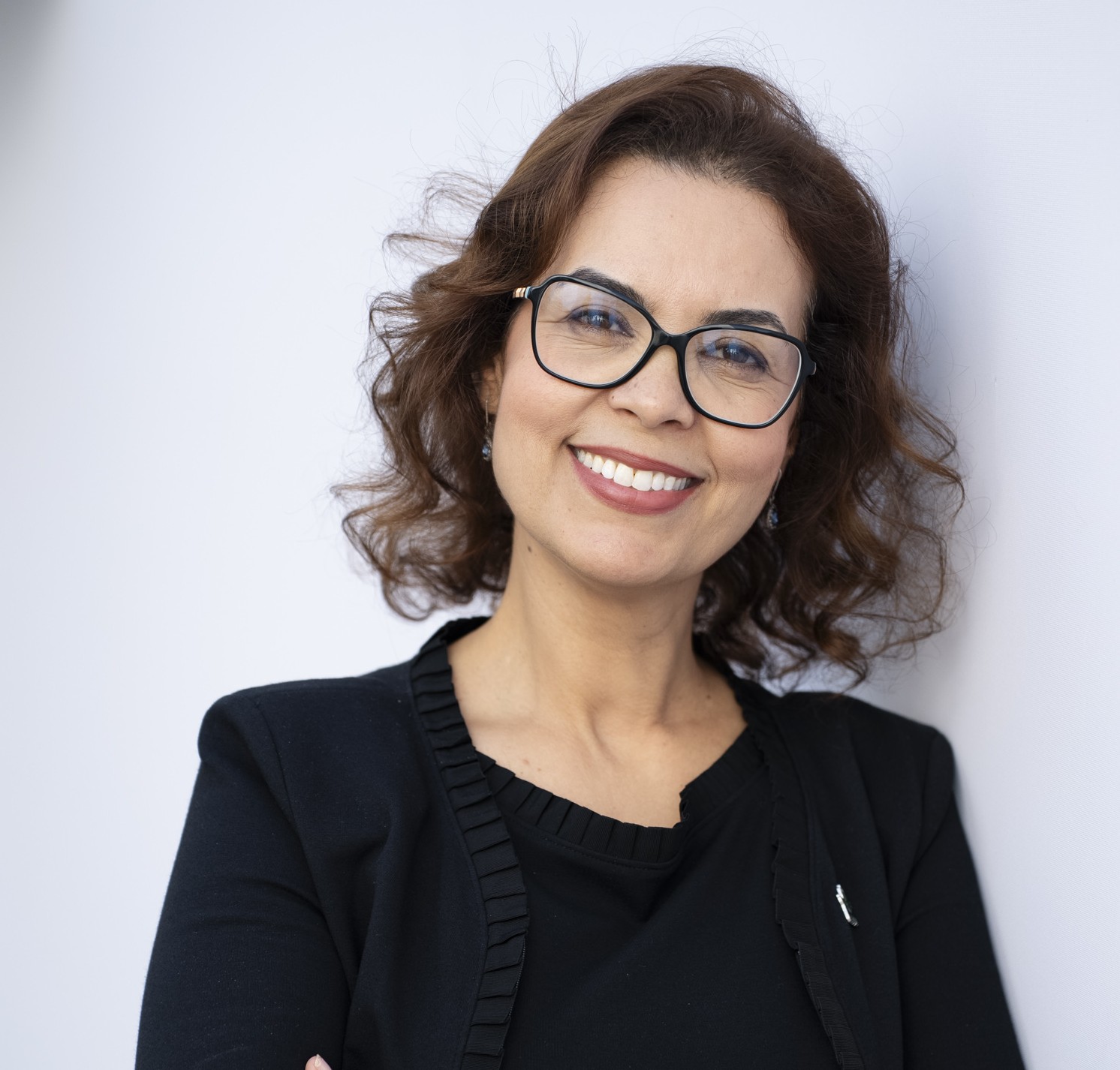
Ismahane Elouafi
Ismahane Elouafi is the Executive Managing Director of CGIAR. She previously held the position of Chief Scientist at the Food and Agriculture Organization (FAO) of the United Nations. She was earlier the Director General at the International Center for Biosaline Agriculture (ICBA) based in the UAE. She has held several other senior scientific and leadership positions and served as member on major governance boards concerning food policy and bioscience in the United States, the United Kingdom, Canada and internationally. She was also a member of the Scientific Group for the 2021 UN Food Systems Summit. She holds a Ph.D. in Genetics. As a scientist and advocate, her work has significantly contributed to the use of non-fresh water in agriculture, improved wheat breeding, diversifying into neglected and underutilized crops, empowering women in science, and rethinking food systems. Her contributions to science and policy have been recognized with several prestigious awards and accolades, including the 2025 TIME100 list of the world’s 100 most influential people.
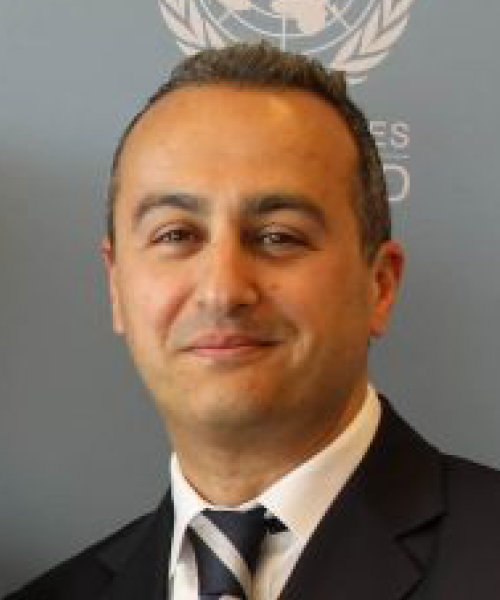
Alessandro Moscuzza
Alessandro Moscuzza is a Programme Management Adviser with the Scientific and Technical Advisory Panel of Global Environment Facility, where he is responsible for the Biodiversity portfolio. He was previously a Climate Change and Environment Adviser with the UK Government’s Foreign, Commonwealth & Development Office (FCDO) in London and has been the FCDO Senior Responsible Owner for the AgMIP project from 2011 to 2020. He has spent the last two decades working on international development and sustainability issues and has held various postings in the UK and overseas including Africa, Asia and in Brussels, where he was seconded to the European Commission. He holds a BA, MA and an MSc from the University of London and is a fellow of the Royal Geographical Society in London and a member of the American Geophysical Union.
Emeritus Members
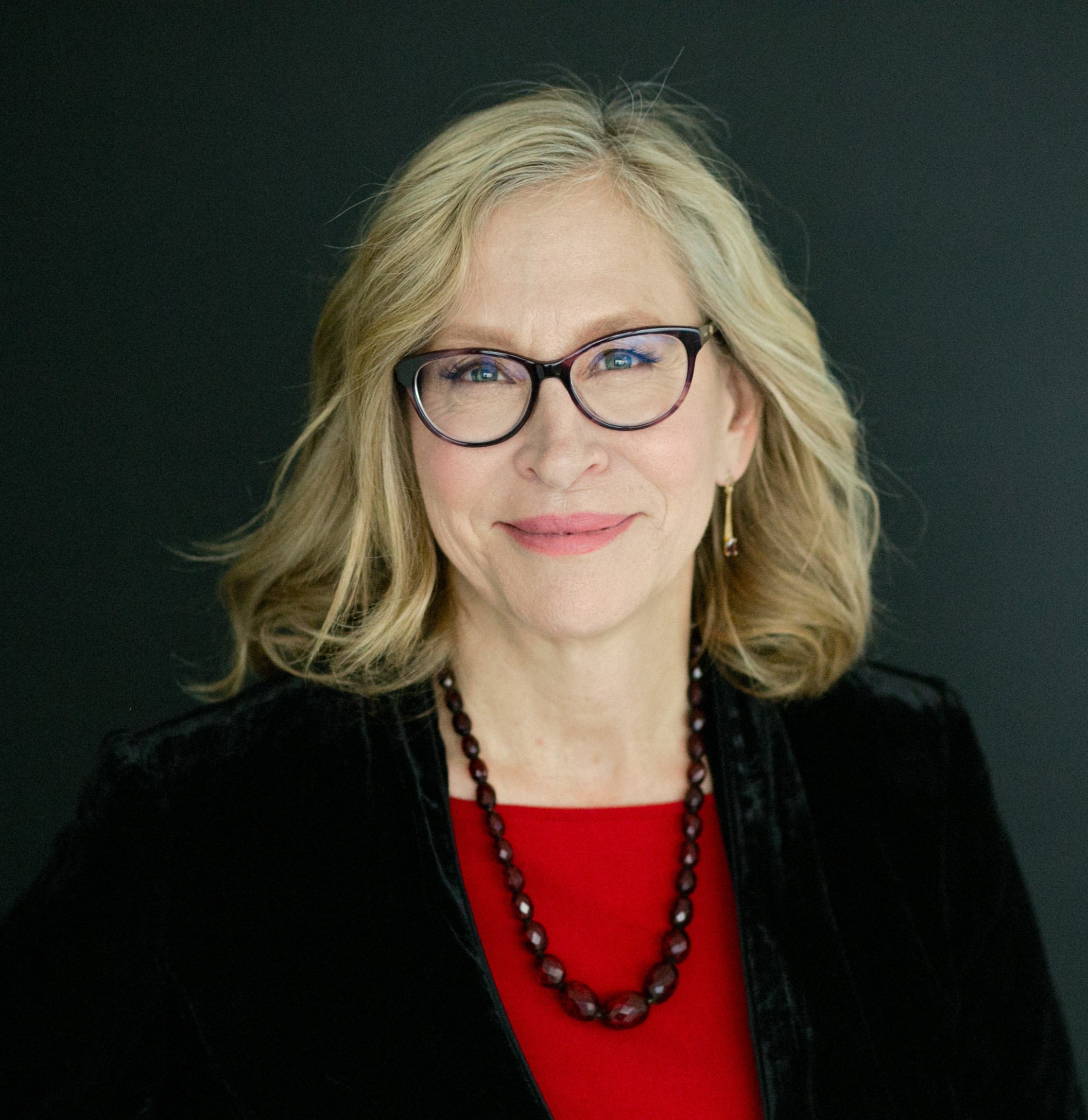
Molly Jahn
Molly Jahn is a professor in the Department of Agronomy, the Center for Sustainability and the Global Environment, and the Global Health Institute at the University of Wisconsin-Madison where she also served as the 12th dean of the College of Agricultural and Life Sciences, Director of the Wisconsin Agricultural Experiment Station and Special Advisor to the Provost for Sustainability Science. She previously served as Deputy and Acting Under Secretary of USDA under President Barack Obama and is presently on an Inter-Agency Personnel Agreement with the U.S. Department of Defense.

Mark W. Rosegrant
Mark W. Rosegrant is a Research Fellow Emeritus at the International Food Policy Research Institute (IFPRI) in Washington, DC. With a Ph.D. in Public Policy from the University of Michigan, he has extensive experience in research and policy analysis in agriculture and economic development, with an emphasis on water resources and other natural resource and agricultural policy issues as they impact food security, rural livelihoods, and environmental sustainability. From 2003-2018 he directed research on climate change, water resources, sustainable land management, genetic resources and biotechnology, and agriculture and energy. He is the author or editor of 15 books and 100+ refereed papers in agricultural economics, water resources, and food policy analysis. He has won numerous awards, such as Outstanding Journal Article (2008), Quality of Communications Award (2004), and Distinguished Policy Contribution Award (2002) awarded by the Agricultural and Applied Economics Association (formerly American Agricultural Economics Association); and Best Article Award (2005) from the International Water Resources Association. Dr. Rosegrant is a Fellow of the American Association for the Advancement of Science; and a Fellow of the Agricultural and Applied Economics Association.
Steering Council (2023-2025)
Morven McLean, Co-Chair, Gates AgOne, USA
Francisco Meza, Co-chair, Pontifica Universidad Católica, Chile
Martin Bwalya, Co-Chair, NEPAD, South Africa
Ashfaq Ahmad Chattha, University of Agriculture, Faisalabad, Pakistan
Jessica Fanzo, Columbia University, USA
Patty Fong, Global Alliance for the Future of Food, USA
Molly Jahn, University of Wisconsin-Madison, USA
Hayden Montgomery, Global Methane Hub, Uruguay
Sithembile Mwamakamba, FANRPAN, South Africa
Soora Naresh Kumar, ICAR-Indian Agricultural Research Institute, India
Claudia Ringler, International Food Policy Research Institute, USA
Mark Rosegrant, International Food Policy Research Institute, USA
Peter Thorburn, CSIRO, Australia
Sibiry Traore, ICRISAT, Senegal
Katrien Descheemaeker, Wageningen University UR, Netherlands
Yan Zhu, Nanjing Agricultural University, China
Ex Officio Members
Lisa Ainsworth, USDA ARS, USAIsmahane Elouafi, FAO, Italy
Alessandro Moscuzza, GEF, USA
Thomas Worth, USDA ERS, USA
Steering Council (2018-2022)
Ghassem Asrar, Co-chair, USRA, USA
Jean-Francois Soussana, Co-Chair, INRAE, France
Martin Bwalya, NEPAD, South Africa
Ashfaq Ahmad Chattha, University of Agriculture, Faisalabad, Pakistan
Peter Craufurd, CIMMYT, Kenya
Jessica Fanzo, Johns Hopkins University, USA
Molly Jahn, University of Wisconsin-Madison, USA
Soora Naresh Kumar, ICAR-Indian Agricultural Research Institute, India
Morven McLean, GatesAgOne, USA
Michael Robertson, CSIRO, Australia
Mark Rosegrant, International Food Policy Research Institute, USA
Martin van Ittersum, Wageningen University UR, Netherlands
Yan Zhu, Nanjing Agricultural University, ChinaEx Officio Members
Alessandro Moscuzza, UK Aid, United Kingdom
Marco Sanchez, FAO, Italy
Wei Xiong, CIMMYT, China
Steering Council (2014-2018)
Ghassem Asrar, Co-chair, USRA, USA
Jean-Francois Soussana, Co-Chair, INRAE, FranceSandy Andelman, Conservation International, USA
Eduardo Assad, Embrapa Informatica Agropecuaria, Brazil
Boubacar Barry, West African Science Service Center on Climate Change and Adapted Land Use, Burkina Faso
Peter Craufurd, International Maize and Wheat Improvement Center, Kenya
Jerry Hjelle, International Life Sciences Institute, USA
Julie Howard, USA
Molly Jahn, University of Wisconsin-Madison, USA
Brian Keating, Commonwealth Scientific and Industrial Research Organization, Australia
Prabhu Pingali, Cornell University, USA
John Porter, University of Copenhagen, Denmark
Mark Rosegrant, International Food Policy Research Institute, USA
Phil Thornton, International Livestock Research Institute, United Kingdom
Martin van Ittersum, Wageningen University UR, Netherlands
Wei Xiong, University of Florida, USAEx Officio Members
Alessandro Moscuzza, UK Aid, United Kingdom
Marc Sadler, The World Bank Group, USA
Steve Shafer, United States Department of Agriculture – Agricultural Research Service, USA
Rob Vos, Food and Agriculture Organization, Italy
Stanley Wood, Bill & Melinda Gates Foundation, USA
Science Steering Group (2010-2014)
Mannava V.K. Sivakumar, Co-chair, World Meteorological Organization, India
Martin Parry, Co-chair, Imperial College London, United Kingdom
PK Aggarwal, International Water Management Institute and Research Program on Climate Change, Agriculture and Food Security, India
Eduardo Assad, Empresa Brasileira de Pesquisa Agropecuaria, Brazil
Andre Bationo, Alliance for a Green Revolution in Africa, Burkina Faso
Michele Bernardi, Food and Agriculture Organization of the United Nations (Retired), Italy
Mark Cane, Columbia University, USA
Mark Howden, Commonwealth Scientific and Industrial Research Organization, Australia
Molly Jahn, University of Wisconsin-Madison, USA
Mark Rosegrant, International Food Policy Research Institute, USA
Jean-Francois Soussana, Institut National de La Recherche Agronomique, France
Philip Thornton, International Livestock Research Institute Program on Climate Change, Agriculture and Food Security, United Kingdom
Martin van Ittersum, Wageningen University – Plant Production Systems, The Netherlands
